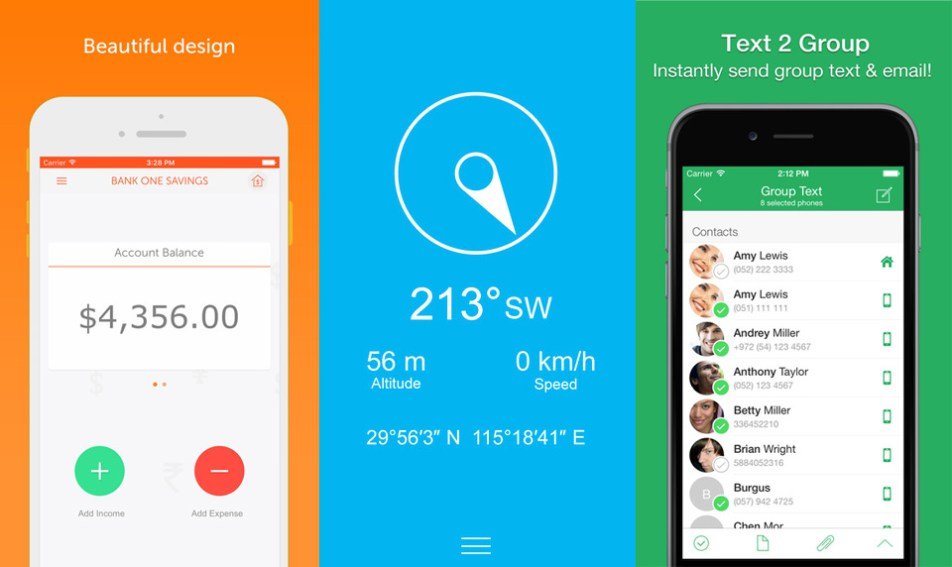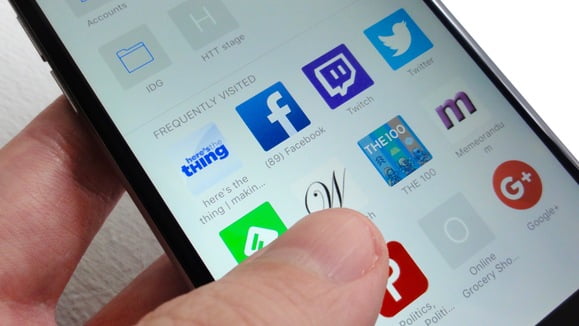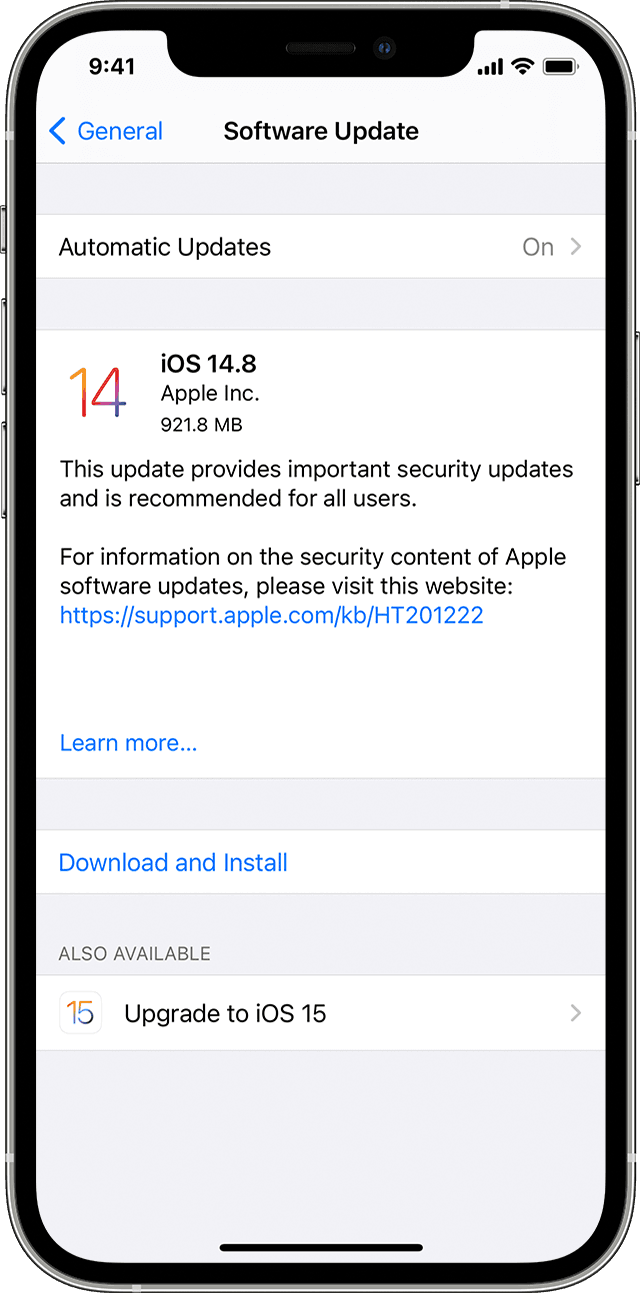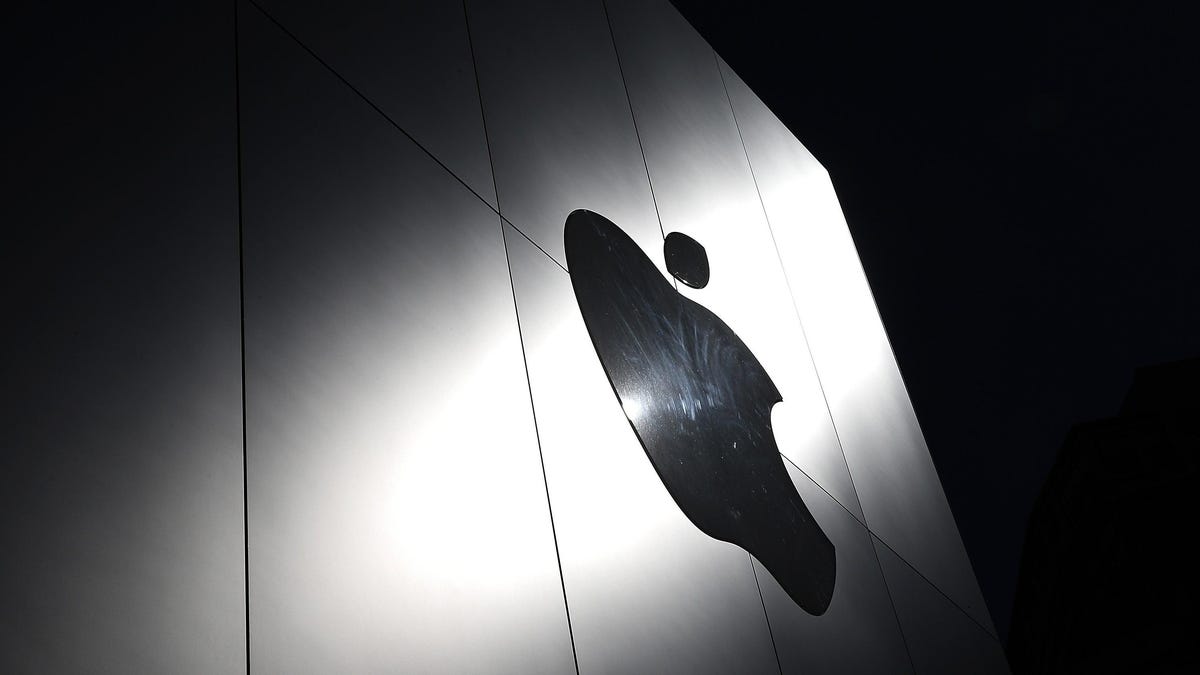

One of my readers, Sam Medina, asked me for some ideas on iPad storage today. I’ve put together a few ideas.
We need them because Apple is weaving iCloud ever more deeply into our devices which means many seek alternative ways to store some things in order to keep costs down. Here are six different storage solutions you might want to use as well as or instead of iCloud.

Getting ready to launch an IoT initiative? Read these insights and advice from early adopters in
READ NOW
Public clouds
Many iOS users choose to use alternative cloud-based services to eke out their iCloud storage. They may keep all their documents in Box or Dropbox and automatically stash their images using Google Photos (though some users have noticed the latter app can consume large quantities of storage). You may also want to take a look at the up-and-pCloud service. This promises 10GB free storage space (up to 1TB for $7.99/m) and provides a range of highly secure fee-based services. (Also look at other popular services, including Google Drive).
Private cloud 1: Promise Technology, Apollo
I’m only now taking a look at Apollo Cloud, so I can’t speak for how effective it is. On first sight the connected 4TB storage system seems promising. You can access it from any Mac,s PCs or iOS devices on the same network, or get to it remotely as your own private remote cloud, so long as its online. Compatible with Time Machine you can use it to back up all your Macs, and it will also back up all your iOS data too. I think this is an interesting private cloud alternative for families, groups and SMEs, capable of handling everybody’s, essential data including photos, movies or media files.
Private cloud 2: Some Seagate solutions
If you want to use a portable drive as ad hoc storage but don’t want to bother fiddling about with lots of cables, take a look at Seagate’s Wireless Plus andSeagate Personal Cloud Home products.
Wireless Plus offers 1TB of storage and hosts its own built-in Wi-Fi connection. Because Wi-Fi is built into the drive you don’t need to join an existing Wi-Fi network to access it. This means you can back up and retrieve data to/from your iPad or iPhone whenever you like, using the Seagate Media app. The product also supports AirPlay, so you can use it to stream media to Apple TV. Seagate Personal Cloud Home offers a similar set of features (and adds Plex support) but needs to be on the same Wi-Fi network as your iPad in order to work. You can also share files externally using these systems.
Local storage: Acronis True Image 2017
The latest edition of this veteran cross platform online storage system lets you do unique things such as backing up your Facebook information; and also lets you back up your iOS, Android and other mobile devices, as well as Macs/PCs. It’s an alternative to Time Machine, I suppose, except using the Acronis app. What’s good about this is you can use any compatible third-party drive that is running the software as your backup destination, and back mobile devices up wirelessly to your PC, which can then back up using Acronis. Acronis True Image 2017 also lets you set up and manage backups across your devices remotely.
The external Flash solution
There are many Wi-Fi-enabled Flash drive readers. These contraptions will connect your iOS device to a Flash memory card using an app, enabling you to store and retrieve content. When I travel I use a Kingston MobileLite G2system. This includes a Mophie-like battery recharge function, support for USB and SD cards and will create its own local Wi-Fi network, so you can piggyback numerous devices onto one connection. This has now been replaced by theG3 Pro model, which will charge your iPhone twice using its built in battery, hosts 64GB of its own storage and lets you access USB or SD cards so you can use even more storage. Like the G2 this also creates a local Wi-Fi network. Looking around online and other favorites include things like the funkily designed Leef or RAVPower File Hub Plus. What’s key is that once you have your data on the flash drive you should make sure you back that data up when you get the chance.
The Flash drive
The big problem with Flash drives for iOS devices is that these tend to need you to plug them into your iPhone or iPad. This means they drain a little power and make your mobile devices a little cumbersome. They are portable though so if you really must have something with you upon which to store the 3-hours of 4K movie you happen to be filming for your next Hollywood blockbuster, then take a look at something like the SanDisk iXpand Flash Drive.
##NB: It’s always good practice to employ at least two backup systems, many professionals will supplement online backups with local and even off-site backups of their data.
Google+? If you use social media and happen to be a Google+ user, why not join AppleHolic’s Kool Aid Corner community and join the conversation as we pursue the spirit of the New Model Apple?
Want Apple TV tips? If you want to learn how to get the very best out of your Apple TV, please visit my Apple TV website.
Got a story? Drop me a line via Twitter or in comments below and let me know. I’d like it if you chose to follow me on Twitter so I can let you know when fresh items are published here first on Computerworld.
[SOURCE:- Computer World]





